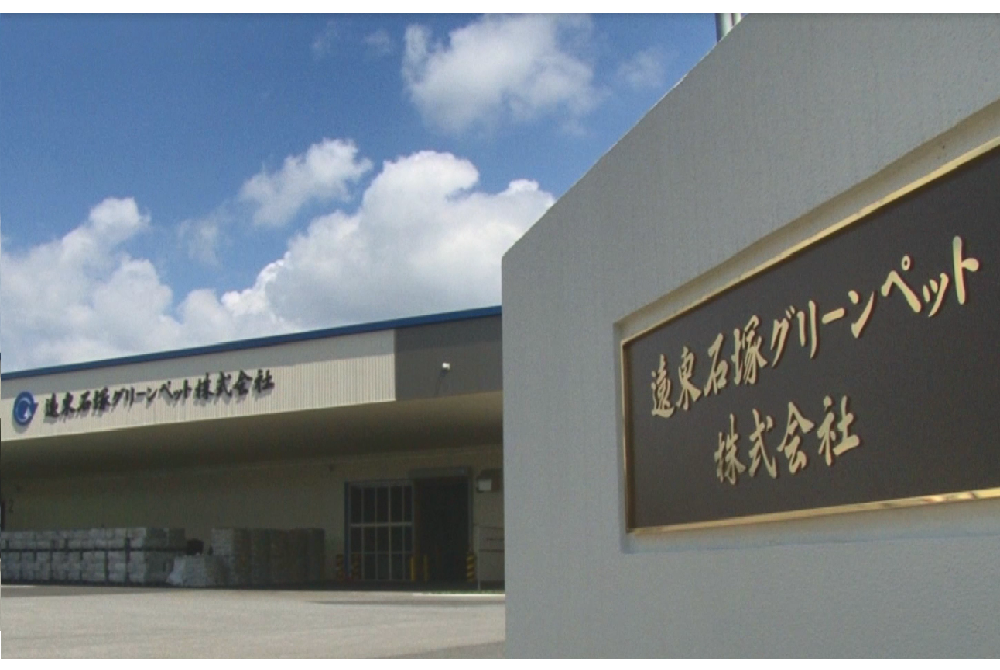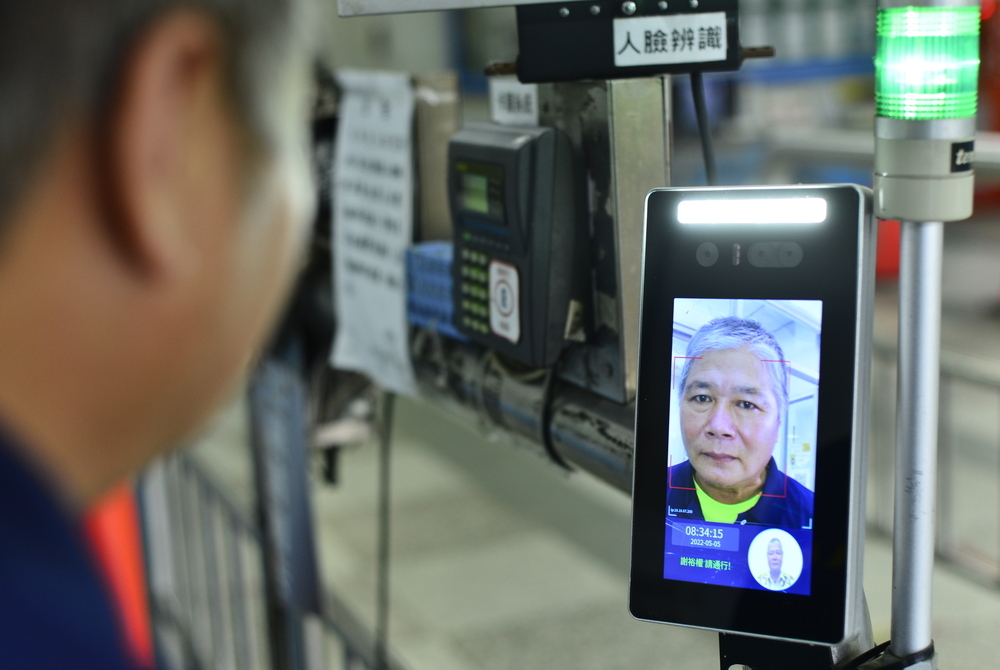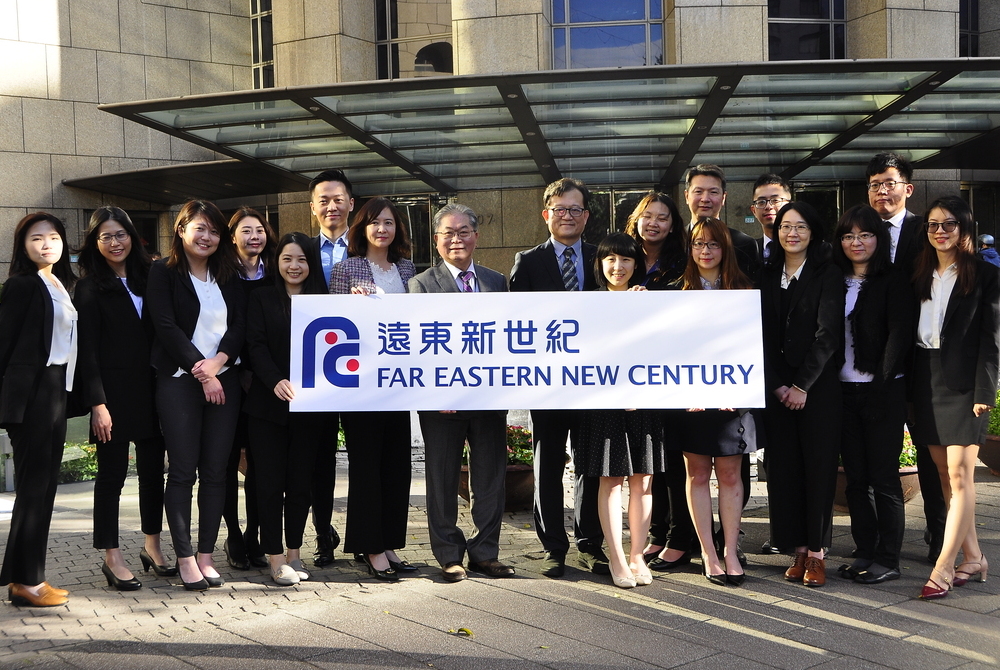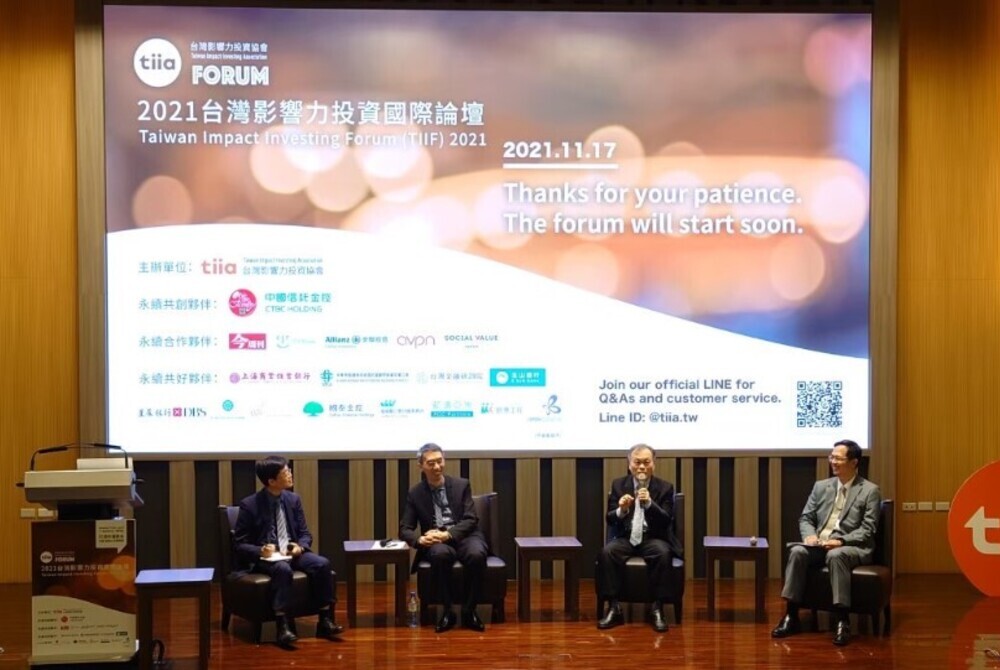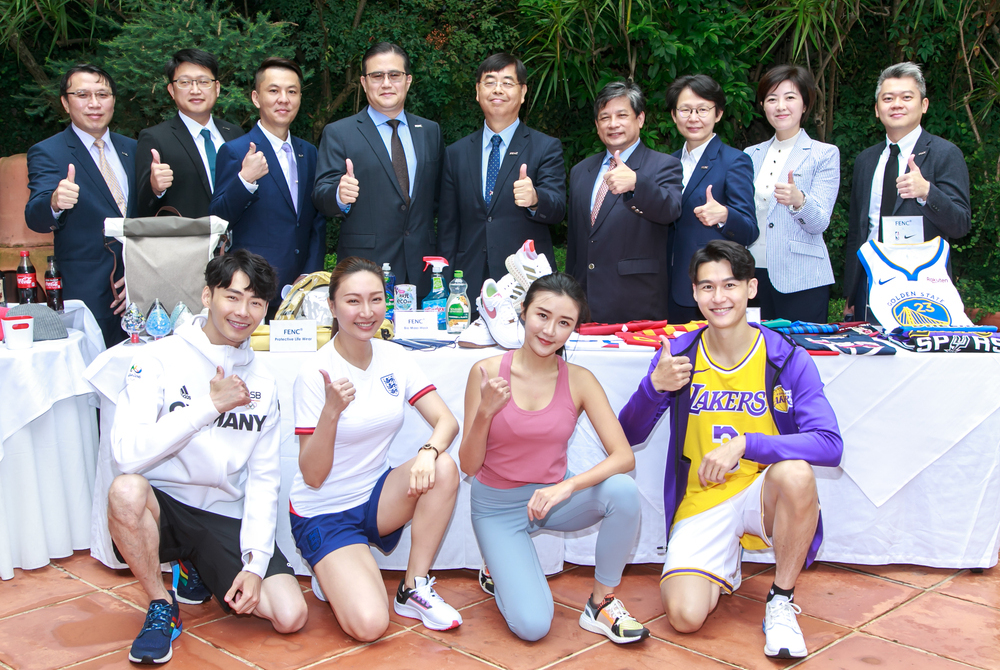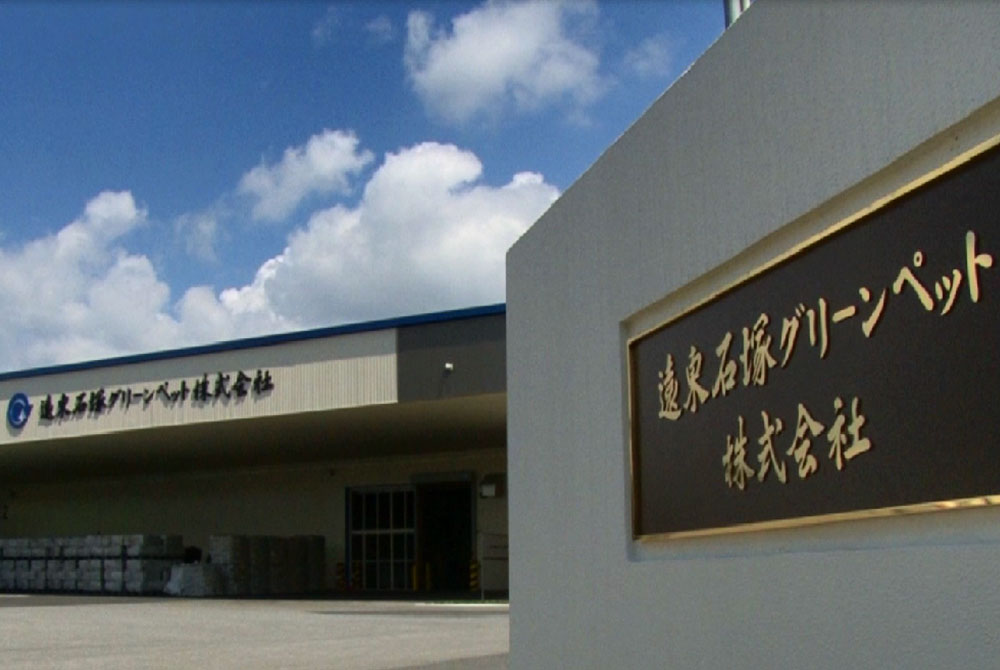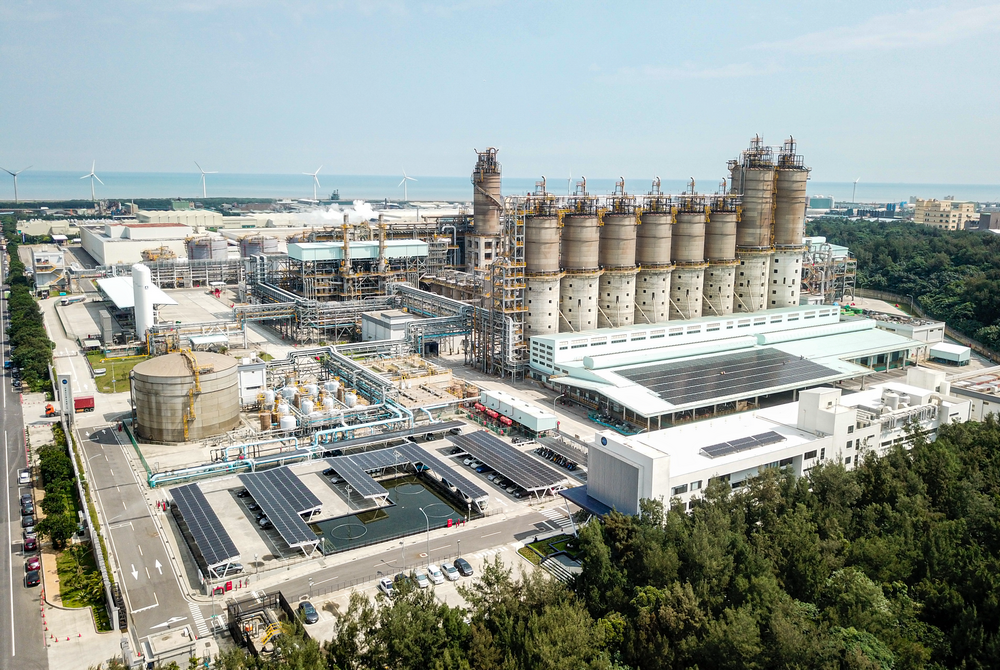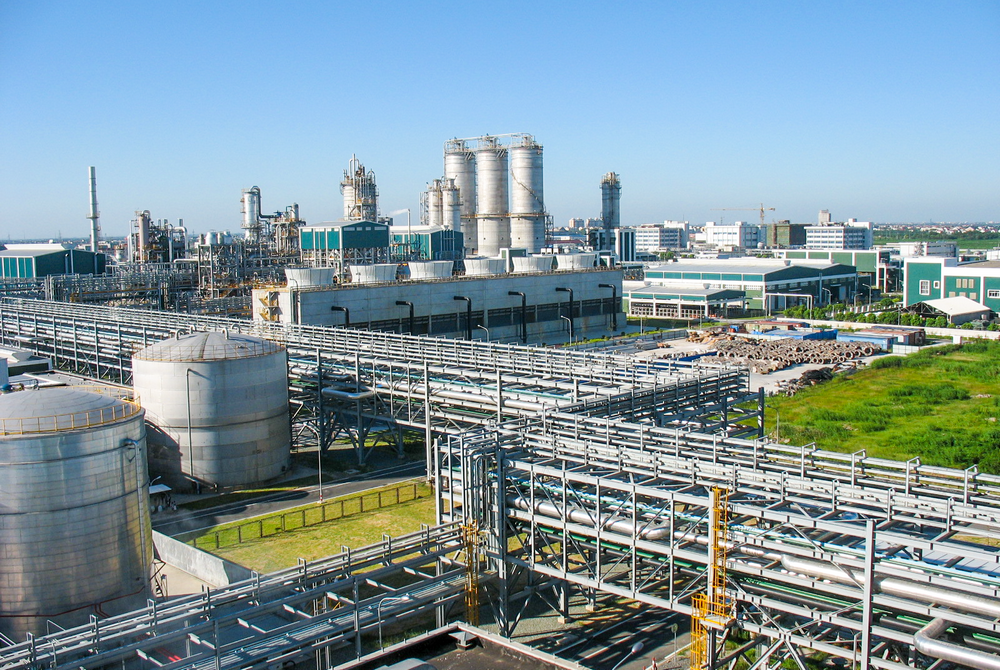Stakeholder Dialogue
We engage with and respond to stakeholders in the spirit of integrity and transparency.
With integrity and transparency as the guiding principles, FENC utilizes multiple channels of disclosure and stakeholder engagement to strengthen the relationships. Throughout the process, issues significant to stakeholders are documented, and Company policies are modified accordingly to respond to their expectations. Progress of stakeholder engagement is reported to the Board periodically. The Sustainability Implementation Committee presented the 2024 stakeholder engagement to the Sustainability Committee and the Board on February 25 and March 12, 2025, respectively.
508,361 participants
3,322 times / 169,227 participants
- Employee Career Planning
- Occupational Safety and Health
- Green Products
- Workplace Diversity and Inclusion
- Sustainable Corporate Image
- Environmental Management
FENC also developed in-house applications to integrate commonly used functions and news announcements for employees. Among them, the Carbon Reduction Passbook and the application for meal box donation had been helpful assistants for facilitating a carbon-reducing lifestyle. The Carbon Reduction Passbook is where employees may check the carbon reduction targets and progress, which gave them a sense of accomplishment by working towards a common goal. The application quantified employees’ monthly carbon-reducing contribution from activities such as the use of public transportation, walking and running based on their monthly uploads. Each quarter, the two departments with the highest carbon reduction per capita were presented with the title, Carbon Reduction Role Model, and the 15 employees with the highest carbon reduction contribution were awarded as the Carbon Reduction Leaders. These incentives boosted employees’ willingness to participate.
The meal box donation program was established at the canteen. Employees could donate the meal boxes they had paid for to others through the application to reduce food waste while cutting the costs and carbon emissions derived out of food disposal. By the end of 2024, the program had kept a total of 996 meal boxes from going to waste.
Another environmental activity at FENC is the quarterly rTEX circular clothing program, through which employees are encouraged to bring used clothing containing more than 80% polyester to work for recycling. The clothes are then transformed by FENC into brand-new garments using its chemical textile recycling technology.
Additionally, gasoline-powered vehicles among FENC’s fleet had been replaced with electric vehicles. The downtime for office lighting has been increased and the air-conditioning has been set at a higher temperature. These are FENC’s efforts in building a workplace that reduces energy and carbon emissions.
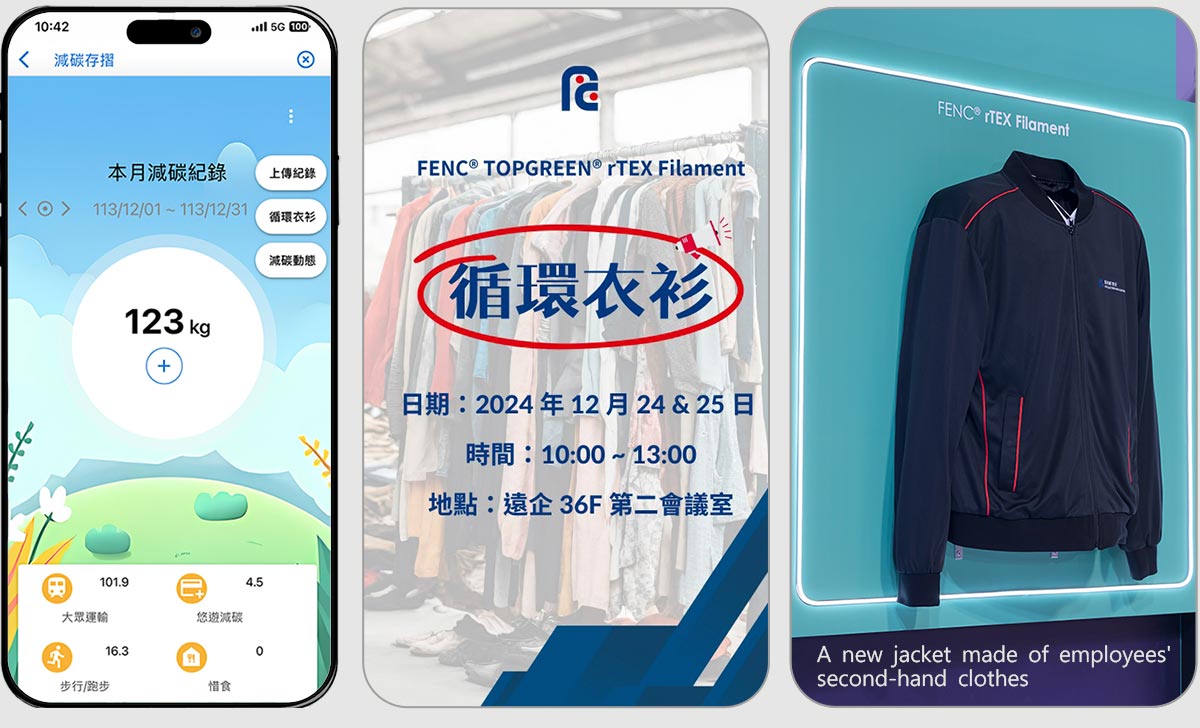
2,109 times / 301,032 participants
- Product Accountability and Life Cycle Assessment
- Green Products
- Sustainable Corporate Image
- Environmental Management
- Energy and Resource Management
FENC is the world's largest supplier of food-grade rPET. With over three decades of recycling experience and know-how, the Company’s proposal entails a trial closed-loop recycling program for the packaging of personal care products. FENC converts the recycled bottles into high-quality rPET chips, which will then transform to new personal care packaging, thus completing the closed-loop system. FENC’s innovation was exhibited during the 2024 Annual Rendez-Vous at L'Oréal Taiwan, the final stage of the competition, which provided an opportunity for peer exchange. The Company was later announced as a winner.
FENC will engage L'Oréal Group further in the future by expanding the closed-loop recycling program to include additional personal care product packaging and turning them into quality rPET chips. This closed-loop model is a major step towards reducing resource waste and the carbon footprint, which advances the sustainability of the environment as well as L'Oréal Group as a new circular chapter begins in the beauty industry.
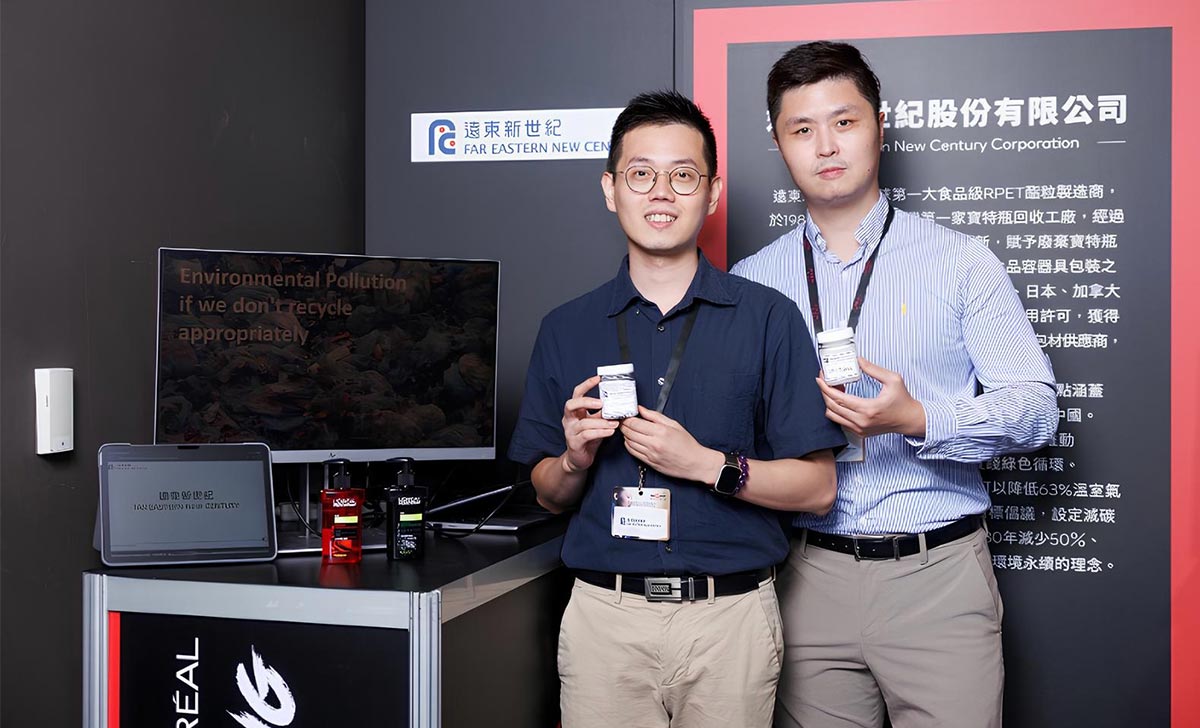
655 times / 15,013 participants
- Environmental Management
- Occupational Safety and Health
- Sustainable Corporate Image
- Corporate Sustainability
- Climate Strategies and Low Carbon Transition
Representatives from 15 departments under the New Taipei City Government participated in the workshop, where they formed groups during the inter-departmental discussions to brainstorm for creative sustainable programs and collaborative opportunities. For instance, representatives from the Education Department, Youth Department and Sports Department developed the proposal of hosting a marathon to advocate sustainability and carbon reduction. They referred to the three core focuses of FENC’s sustainable business model, the recycling technologies, low-carbon production and value chain collaboration. The value chain was identified as an appropriate starting point for the government to implement low-carbon strategies. Specific approaches included offering runners’ jerseys made of recycled materials, digitizing the program booklet and offering discounts to those using the digital identity certificate, aiming to drive local consumption and promote sustainable development. The in-depth exchanges with the local government was an opportunity to not only share FENC’s sustainable development philosophy, but provide assistance with the promotion of sustainable development goals, working together to realize the vision of a sustainable city.
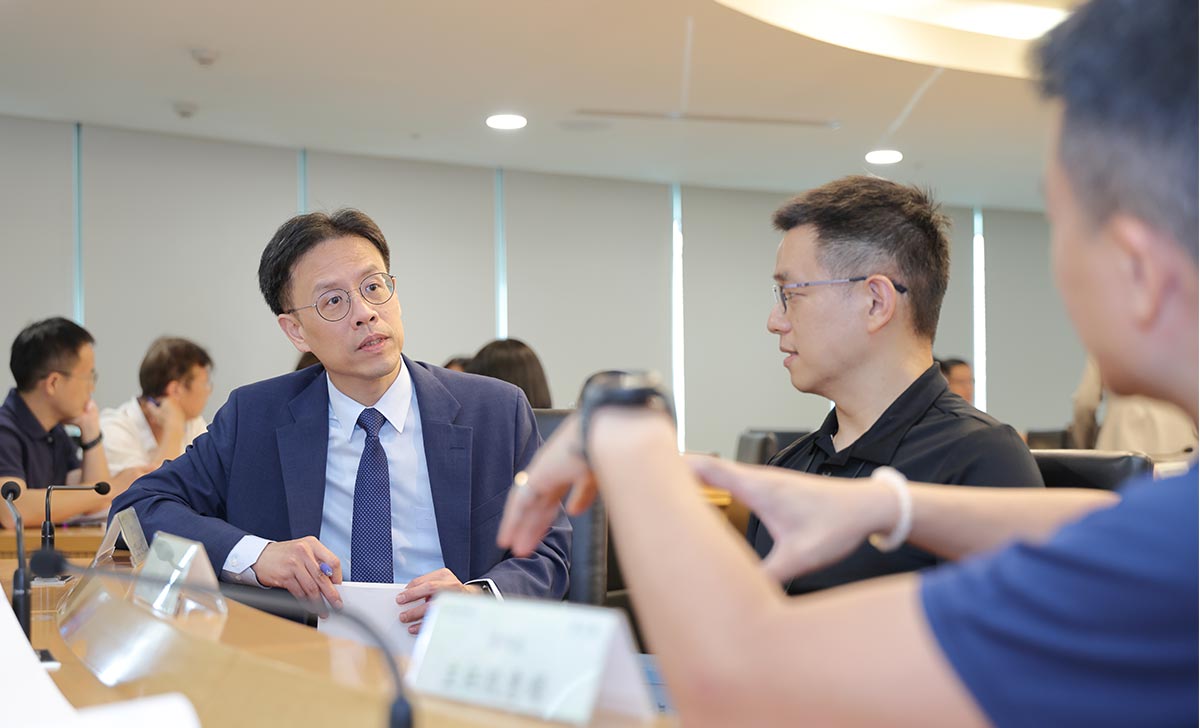
(Suppliers / Contractors)
16,837 times / 16,957 participants
- Customer Relations Management
- Product Accountability and Life Cycle Assessment
- Occupational Safety and Health
- Corporate Governance
- Operational Performance and Strategies
- Risk Management
- Green Products
The project, which was approved on April 8, 2024, received NT$25.5 million in subsidy from the Industrial Development Agency of Ministry of Economic Affairs (MOEA). With an implementation period from April 2024 to September 2025, FENC serves as a lead, forming a carbon management partnership and integrating technical resources with ten upstream and downstream manufacturers. With coaching provided by the Taiwan Textile Research Institute, each member is to propose a carbon management plan based on the standards of ISO 14064-1 GHG inventory and ISO 14067 carbon footprint to ensure the integrity and credibility of the carbon reduction data
The target for this project is to reduce 30,000 tCO2e by 2025. As of October 2024, the team has reduced 8,270 tCO2e. FENC is also helping the members assess their needs during the GHG inventory process, confirming the scope of inventory and collecting data in order to complete the carbon management and GHG inventory training.
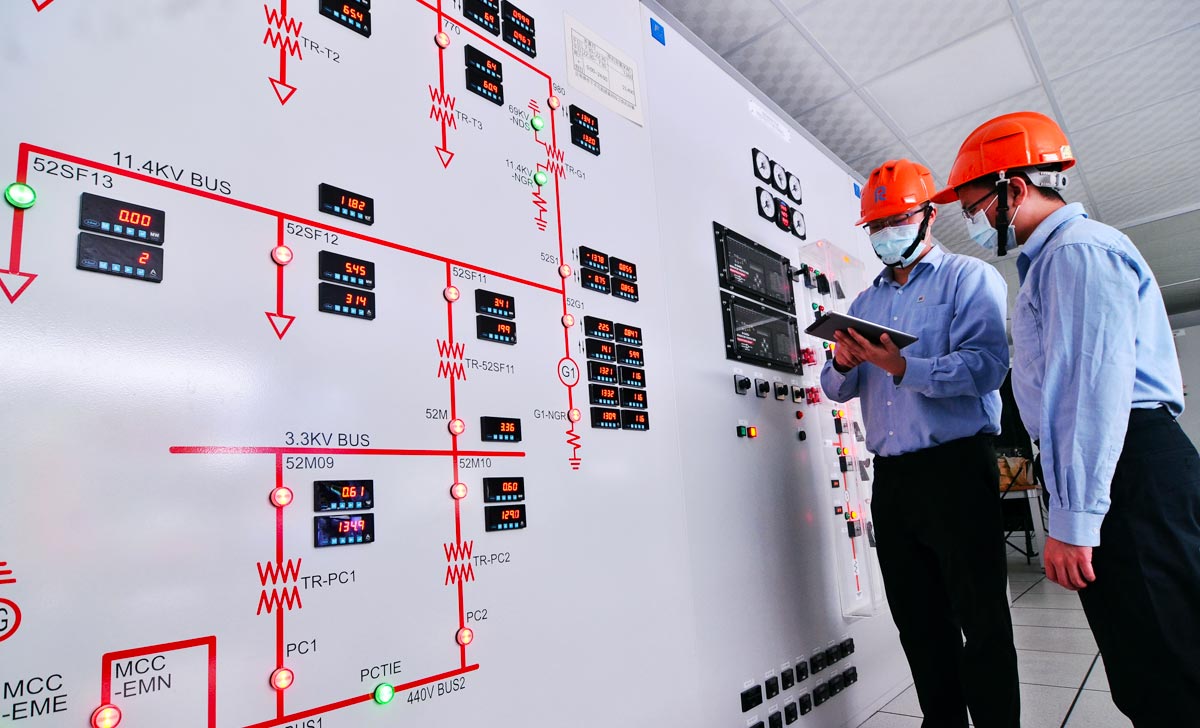
230 times / 2,767 participants
- 綠色產品
- Green Products
- Climate Strategies and Low Carbon Transition
- Environmental Management
- Energy and Resource
- Management
- Land Resources Management
SBTi is a joint initiative by the United Nations Global Compact, international carbon disclosure organization CDP, World Resources Institute and World Wide Fund for Nature. The initiative operates on a science-based framework to help companies set medium- and long-term carbon reduction targets in their respective industries with the ultimate goal to reach net zero. In recent years, SBTi has risen as one of the world’s most reliable organizations for the verification of carbon reduction targets.
As the threat from global warming exacerbates, FENC remains focused on developing green products to quench the thirst for eco-friendly and low-carbon solutions from international brand customers. To support its ambition to cut carbon emissions, FENC has established five overarching strategies, including improving energy efficiency; adopting low-emission fuel alternatives; developing renewable energy; utilizing CCU; fostering raw material transition. The Company is aggressively promoting green manufacturing, tackling carbon reduction with pragmatic actions. In 2024, FENC established the low-carbon transition targets, aiming for 50% carbon reduction, 50% green products and 50% green raw materials by 2030, which exceed the 1.5°C pathway specified by the SBTi, as a declaration of FENC’s unwavering determination to reach net zero.

Financial Institution
172 times / 3,365 participants
- Operational Performance and Strategies
- Corporate Governance
- Green Products
- Climate Strategies and Low Carbon Transition
- Environmental Management
DJSI is a key reference for global institutional investors when it comes to evaluating a company’s sustainability performance. Out of over 10,000 global companies analyzed and evaluated by the DJSI, only the top 10% are selected. FENC has long been engaged in ESG development, and in 2024, the Company was chosen over its global peers as a DJSI component stock for the first time. FENC was also inducted into the 2025 Sustainability Yearbook from S&P Global, another first time, and given the Industry Mover Award in the Industrial conglomerate category. These recognitions are a testimony to FENC’s exceptional performance within its industry.
Note: The DJSI was renamed the Dow Jones Best-in-Class Index in February 2025.
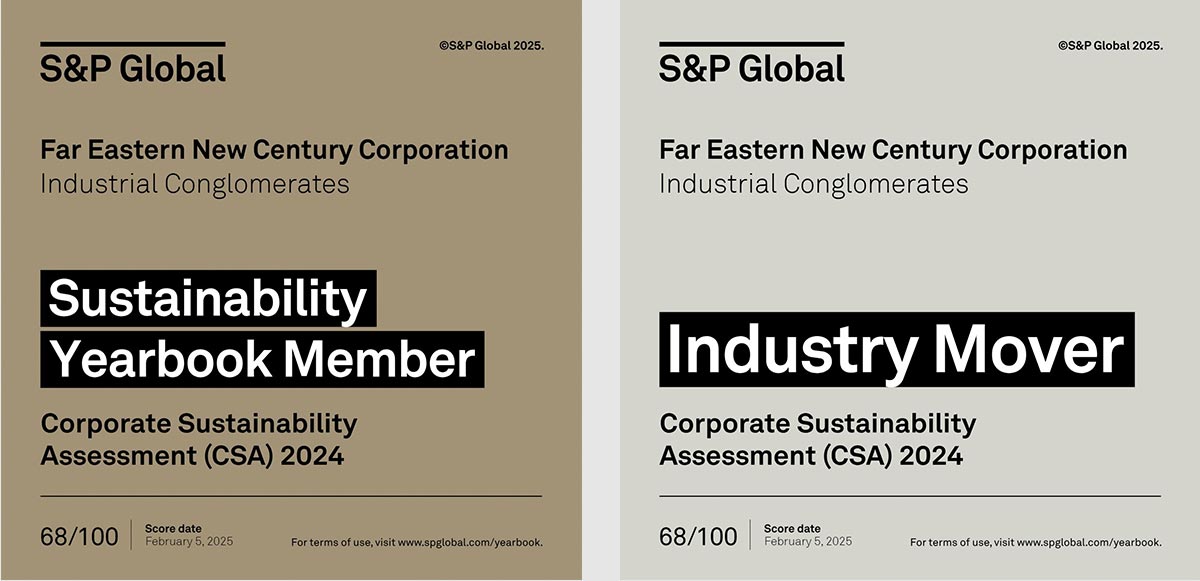
Participation in External Organizations and Associations
Unit:NTD
| Types of External Participation | 2021 | 2022 | 2023 | 2024 |
| Lobbying, interest representation or similar | 0 | 0 | 0 | 0 |
| Local, regional or national political campaigns/ organizations/candidates | 0 | 0 | 0 | 0 |
| Industry related association investment | 1,739,876 | 3,038,450 | 3,116,959 | 3,296,986 |
| Others | 0 | 0 | 0 | 0 |
Name of Association | Nature of Association | Yearly amount Contributed (Unit:NTD) |
Taiwan Man-Made Fiber Industries Association | Other | 720,000 |
Textile Exchange | Other | 394,688 |
Taiwan Center for Corporate Sustainability (TCCS) | Other | 280,000 |








